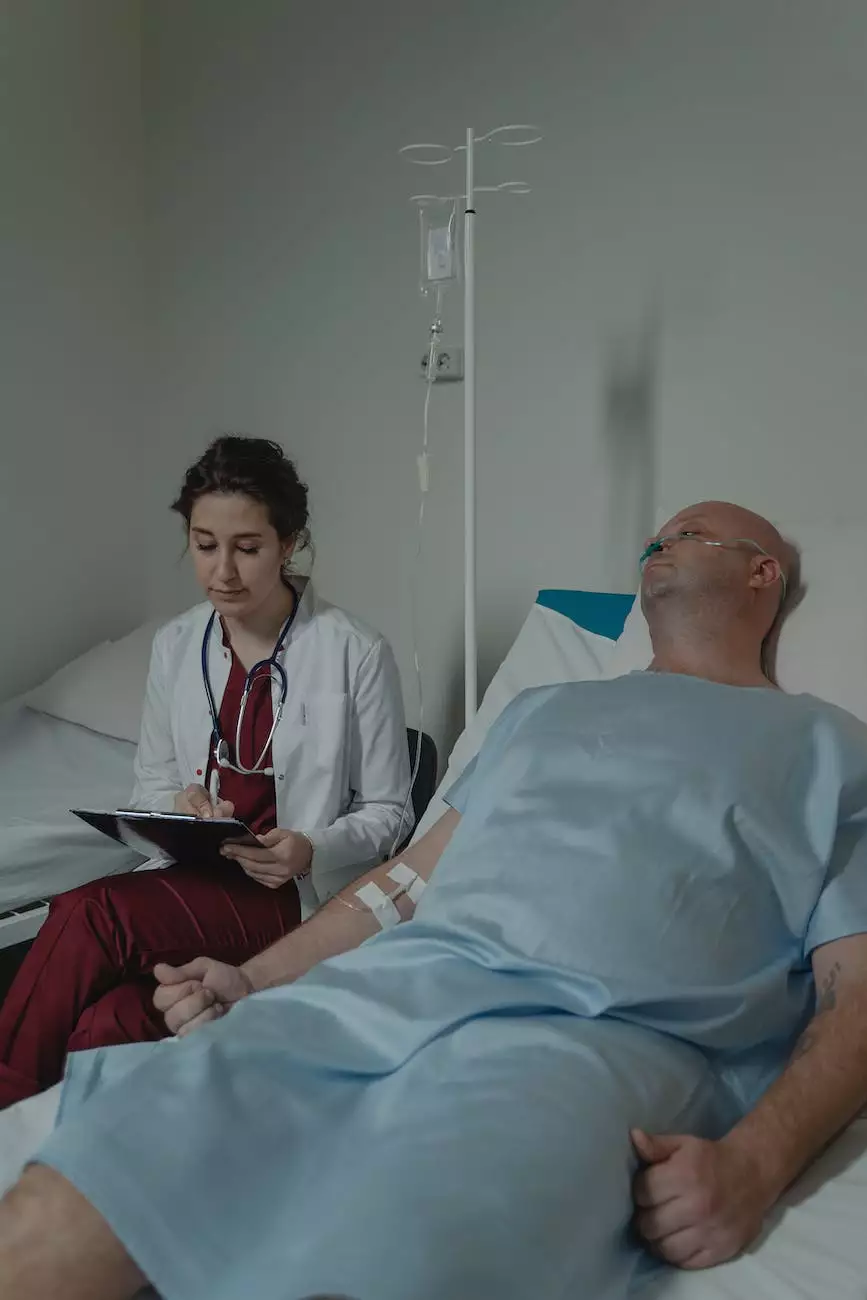Responding to Opioid Crisis, FDA Puts More Restrictions on Imodium
Cancer Care
The opioid crisis has become a pressing issue in today's society, affecting countless individuals and communities across the country. In response to this crisis, the FDA has implemented stricter regulations on opioids, including over-the-counter medications, such as Imodium. Bowling Orthopaedics understands the importance of addressing this crisis and has taken significant steps to combat opioid abuse while ensuring the well-being of patients.
The Opioid Crisis: A Growing Concern
The opioid crisis has escalated rapidly in recent years, resulting in devastating consequences for individuals and families. Prescription opioids, such as OxyContin, Vicodin, and Percocet, have been heavily abused, leading to an exponential increase in addiction rates and opioid-related deaths. Recognizing the severity of the problem, regulators are working diligently to curb this crisis and provide alternative solutions to pain management.
The FDA's Response: Imposing Restrictions on Imodium
As part of their commitment to combat the opioid crisis, the FDA has placed more stringent restrictions on Imodium, an over-the-counter medication commonly used to treat diarrhea. This unexpected connection stems from the fact that Imodium contains loperamide, an opioid receptor agonist, which can be abused at high doses to produce opioid-like effects.
By placing restrictions on Imodium, the FDA hopes to minimize the potential for misuse and diversion of the medication. These restrictions include limiting the quantity of pills per package and implementing stricter purchasing regulations to prevent stockpiling. While these measures may inconvenience some individuals, they are crucial in the fight against opioid abuse.
Bowling Orthopaedics' Approach to Addressing the Crisis
Bowling Orthopaedics firmly believes in putting patients' health and well-being at the forefront. Recognizing the impact of the opioid crisis on the medical field, they have made significant efforts to adapt their pain management strategies to reduce reliance on opioids and find alternative solutions.
By incorporating a multidisciplinary approach to patient care, Bowling Orthopaedics combines various non-opioid therapies like physical therapy, acupuncture, and cognitive behavioral therapy to alleviate pain. This comprehensive approach aims to address not only the physical symptoms but also the emotional and psychological aspects of chronic pain.
Educating and Empowering Patients
Bowling Orthopaedics firmly believes that education plays a crucial role in combating the opioid crisis. By actively engaging with patients and providing them with comprehensive information regarding pain management alternatives, risks associated with opioids, and the impact of the crisis, they empower patients to make informed decisions. Enhancing public awareness and understanding is vital to effecting change and reducing opioid dependency.
Collaboration and Advocacy
Bowling Orthopaedics actively collaborates with local healthcare providers, policymakers, and organizations to advocate for policies that address the opioid crisis effectively. By joining forces with other stakeholders in the health industry, they strive to create a more comprehensive and holistic approach to pain management that prioritizes patient safety and well-being.
Conclusion
The opioid crisis presents a daunting challenge, but through committed efforts from healthcare providers like Bowling Orthopaedics and the FDA's actions, progress is being made towards combating this crisis. By implementing stricter regulations on medications like Imodium, and embracing alternative pain management strategies, patients can receive the care they need while reducing the risk of opioid abuse.










